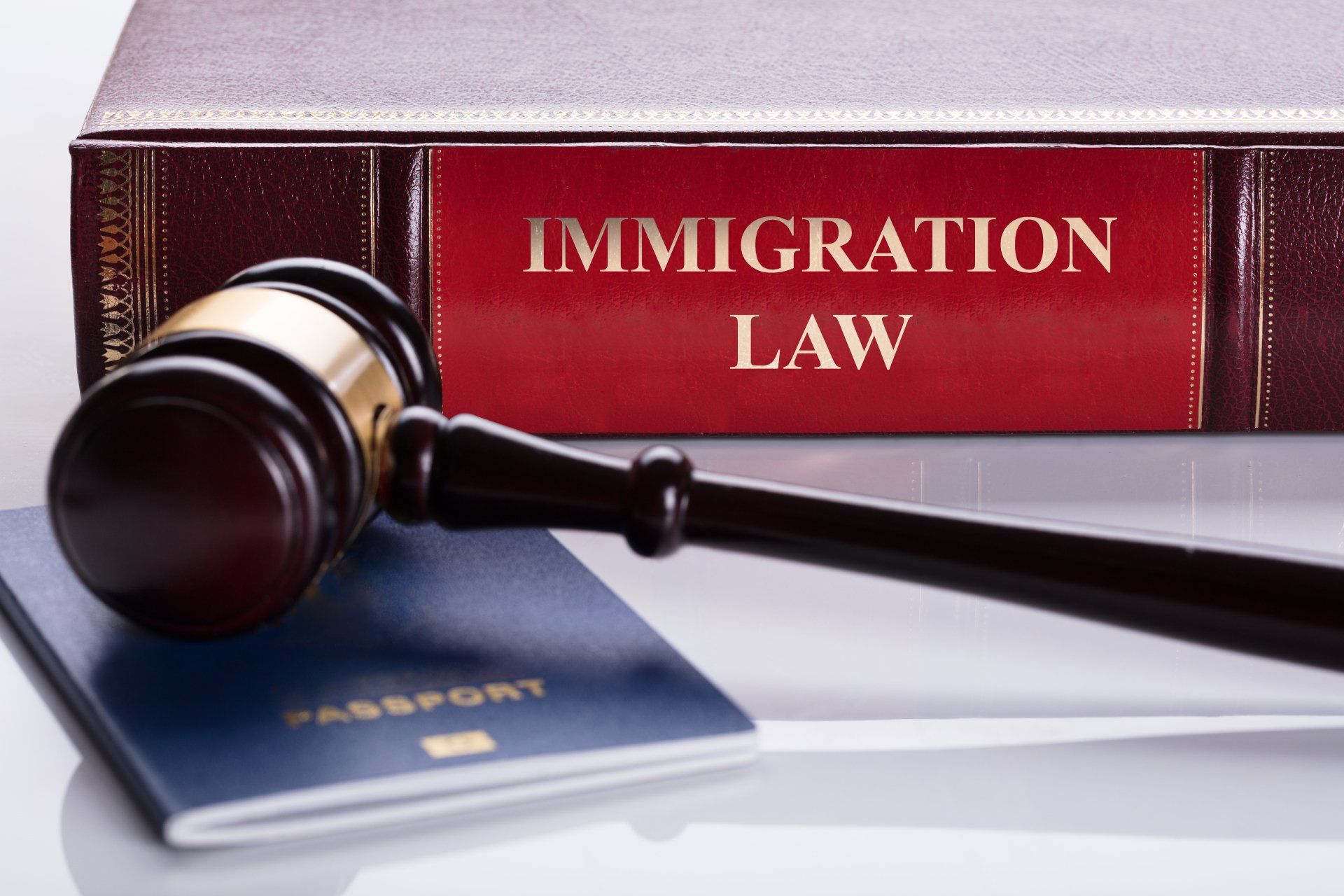Se Habla Español. Para asistencia en Español por favor llame a 423.752.0572
Call Us (423) 756-8400
Married Young: The Status of Child Marriage in Tennessee
Married Young: The Status of Child Marriage in Tennessee
With the mass shooting on February 14, 2018 at Marjory Stoneman Douglas High School and the debate over gun control currently led by our nation’s children, the issue of the safety and well-being of our nation’s children has been at the forefront of our collective concern and media attention. Recently, the issue of child marriage and related legislation has been in the news in Tennessee, along with a surprisingly controversial bill to ban child marriage.
In the 2016 Human Rights Watch Report, the authors noted that “[a]t present, unprecedented attention is being paid to child marriage globally.” The report estimated that that one in three girls in the developing world marries before the age of 18.[1] The United Nations has set a goal of eliminating child marriage, defined as the marriage or union of an individual under the age of 18, by the year 2030.
While the issue of child marriage gains visibility and importance around the globe, many residents of the United States remain unaware of the problem in their own backyard. Child marriage is legal under certain circumstances in almost every state in the United States. In the last 15 years, more than 207,000 minors were legally wed in the United States. According to the Pew Research Center and U.S. Census data, child marriage is most common in West Virginia and Texas, followed by states like Oklahoma, Arkansas, Tennessee, North Carolina, Nevada and California. While most states have laws prohibiting minors from marrying, there are paths to obtaining exemptions-parental permission, obtaining judicial consent, or if one partner is pregnant or recently given birth.[2]
Currently, in Tennessee, men and women as young as 16 may get married with parental consent, and judicial consent will suffice in the absence of a parent (through estrangement, emancipation, death, etc.).[3] There is, however, an existing loophole that allows younger children to be married (most often to adults).[4] Pursuant to current Tennessee law:
Except as provided in subdivision (a)(1)(B), upon good cause, the judge of the probate, juvenile, circuit or chancery court, or county mayor, shall have the power to suspend the three-day period prescribed in § 36-3-104 or in such person's judgment remove the restriction as to age herein set out, and to authorize the county clerk to issue a marriage license regardless of the waiting period or age limit.
Tenn. Code Ann. § 36-3-107 (West).
There are currently two (2) pieces of proposed legislation relative to child marriage being debated in the Tennessee General Assembly:
- SB1790/HB1785: Changes the marriage age to 18, but does not close the loopholes.
- SB2548/HB2521: Closes all the loopholes, and keeps 16 as the minimum age.
The introduction of this proposed legislation has stoked debate about the lines between childhood and adulthood, as well as the state’s role in the institution of marriage.
On March 7, 2018, the House Civil Justice Subcommittee voted to halt consideration this session of legislation to raise the age limit for marriage to 18. Republican House Majority Leader Glen Casada requested the delay at the urging of Family Action Council of Tennessee President David Fowler, a lawyer and former state senator. Mr. Fowler argued that HB1785 interferes with his state legal challenge of same-sex marriage. The sponsors of the legislation proposing to ban child marriage cite to the fact that studies[5] have shown that child or minor marriages are more likely to lead to divorce, failure to complete an education, spousal abuse, and mental and physical health problems.
By the afternoon of March 8, 2018, amid media reports outlining the loophole granting the courts the discretion to grant marriage licenses with no minimum age limit, Rep. Casada admitted that he was “shocked” and that he “had made a mistake.”[6] The measure was brought back for reconsideration at the House Civil Justice Subcommittee meeting on March 13, 2018.
On March 14, 2018, an amendment was added to HB1785 that would serve to eliminate all loopholes allowing marriage of children under the age of 18 except in the case of 17 year-olds who are emancipated. This bill passed unanimously, with bipartisan support, in the House Civil Justice subcommittee and will be in front of the whole committee on March 20, 2018. SB1790, the companion bill, is on the Senate Calendar for a vote on March 19, 2018.
Katherine H. Lentz has been practicing law, both in the areas of domestic relations and general civil litigation, since 2004. Ms. Lentz strives to be a zealous but civil advocate for her clients, always keeping in mind the overall best interests of her client and her client’s children and family.
This blog is not intended to create an attorney/client relationship or provide legal advice. Please contact the author if you have any questions or comments regarding the subject matter.
[1] Nisha Varia, Ending Child Marriage: Meeting the Global Development Goals’ Promise to Girls, Human Rights Watch World Report 2016, https://www.hrw.org/world-report/2016/ending-child...
[2] David McClendon and Aleksandra Sandstrom, Child Marriage is rate in the U.S., though this varies by state, Pew Research Center (Nov. 1, 2016), http://www.pewresearch.org/fact-tank/2016/11/01/ch...
[3] Tenn. Code Ann. 36-3-105
[4] Tenn. Code Ann. 36-3-107
[5] See Vivian E. Hamilton, The Age of Marital Capacity: Reconsidering Civil Recognition of Adolescent Marriage, William & Mary Law School Scholarship Repository-Faculty and Deans (2012).
[6]Jordan Buie, Tennessee Republicans reverse on child marriage ban bill, will bring it back for debate, The Tennessean (March 8, 2018, 4:37p.m., https://www.tennessean.com/story/news/politics/2018/03/08/republicans-reverse-decision-bring-back-bill-ban-child-marriages-debate/408765002/; see also Kyle Horan, Lawmaker Backtracks on Child Marriage Bill That Was Killed in Committee, (March 8, 2018, 8:03p.m.), https://www.newschannel5.com/news/lawmaker-backtra...





Business Hours
- Mon - Thu
- -
- Friday
- -
- Sat - Sun
- Closed
All Rights Reserved | Grant Konvalinka & Harrison, P.C | Powered By Flypaper | Privacy Policy




